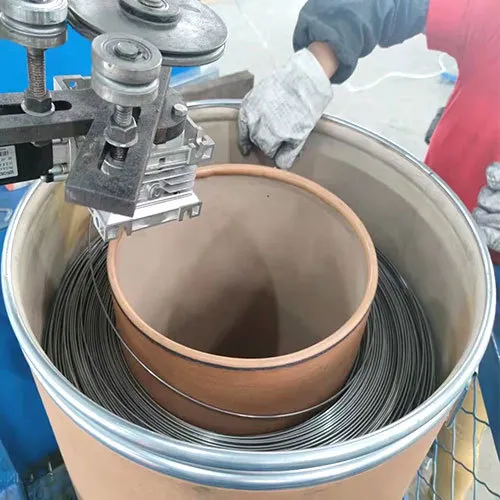Hydrogen Electrodes: Powering Innovation Across Industries
Hydrogen electrodes are key components in electrolysis, fuel cells, and energy storage systems, enabling efficient hydrogen production and utilization. These specialized electrodes facilitate electrochemical reactions that split water into hydrogen and oxygen, or convert hydrogen back into electrical energy. Hydrogen electrodes are used in a wide range of applications, including clean energy, healthcare, transportation, and industrial processes, driving innovation in sustainability and technology. Below, we explore their key applications and transformative potential.
1. Green Hydrogen Production for Clean Energy
The hydrogen electrode is a core component of the electrolysis system, which uses renewable electricity to produce green hydrogen in support of the national hydrogen energy strategy. It has been optimized to ensure durability and catalytic activity, thereby achieving long-term stable performance in commercial and industrial environments.
2. Fuel Cell Technology for Zero-Emission Transport
Hydrogen fuel cells convert hydrogen into electrical energy and rely on high-performance electrodes to power electric vehicles (EVs), buses, and trucks.
3. Medical & Therapeutic Applications
Innovative hydrogen electrodes are being applied to cancer treatment and antioxidant therapy. Researchers have developed flexible molybdenum disulfide (MoS₂) electrodes that can generate hydrogen locally within the body, effectively targeting liver tumors while minimizing side effects. Additionally, carbon-hydrogen water electrodes can generate hydrogen-rich water, which is believed to neutralize free radicals and may have positive effects on conditions such as diabetes, hypertension, and inflammation. These medical applications highlight the broad applicability of hydrogen electrodes beyond energy systems.












